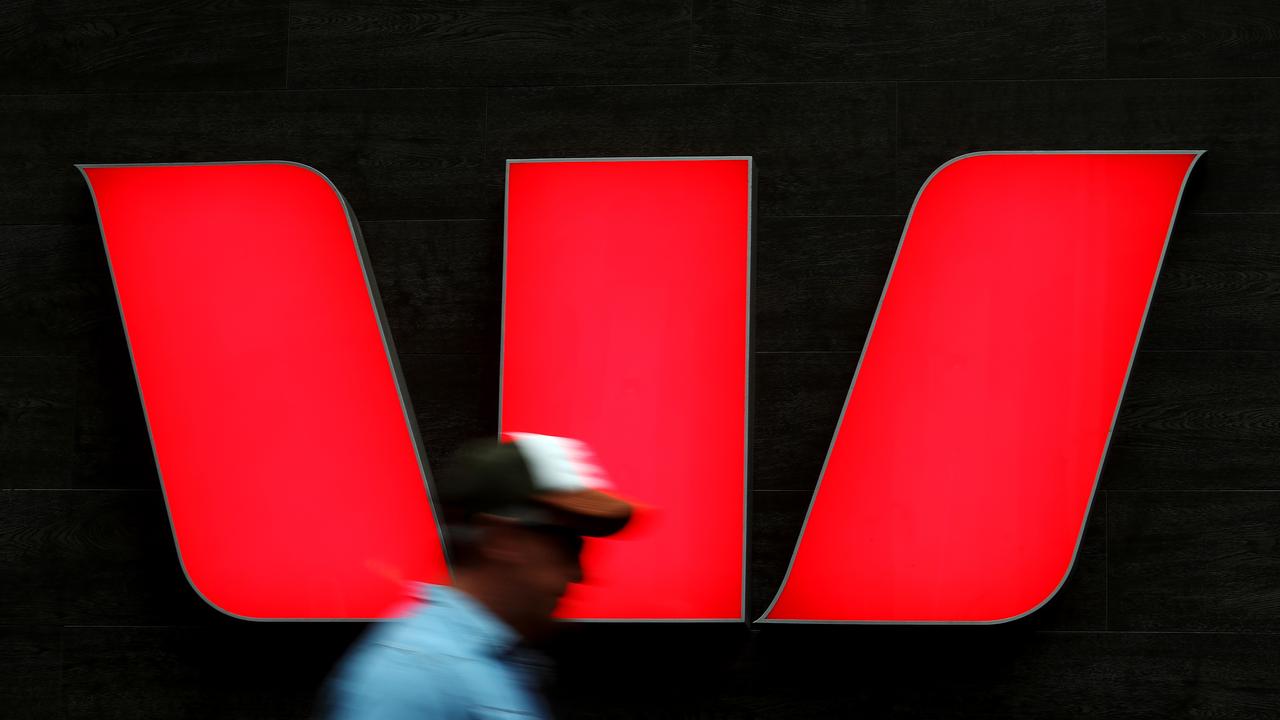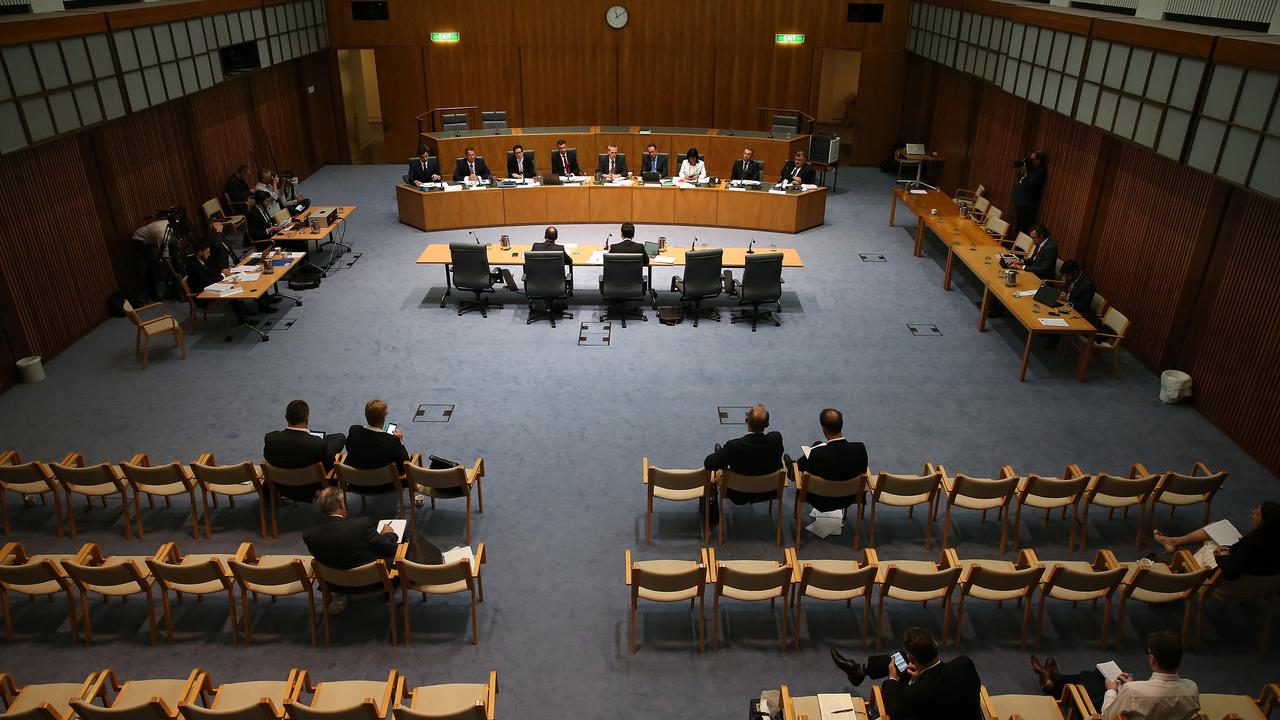Why HSBC is still happy to call London home
As it wrestles with increased operating costs and ongoing market volatility, Britain’s biggest bank has decided that the distraction of shifting domicile is unjustified.

“Staying where they are is probably the rational thing to do,” Johnson says. “They probably thought that the atmosphere in the UK has become a little more benign.”
The bank’s review was launched in April last year, with Hong Kong seen as the obvious alternative destination for the bank’s headquarters, had it chosen to leave the city. But recent developments in Hong Kong are likely to have troubled the board greatly.
Johnson, who is chairman of the government’s Australian Financial Centre Task Force, says, for a bank the size of HSBC, depositors, customers and regulators would have been concerned with Hong Kong’s ability to stand up in a crisis without it being overtly guaranteed by China.
“That overt guarantee is not in place because Hong Kong has a status of ‘one country, two systems’ and I think the slightly unsettled events in Hong Kong, the political events around those publishers and that kind of thing has meant that concern has come a little more into the foreground.”
As the bank deals with pressures such as increasing operating costs amid a more stringent regulatory environment and recent volatility in financial markets, the distraction of shifting domicile seems unjustified.
“Business is really tough for those big global banks at the moment. They’re being challenged from all over with regulatory costs, which are not necessarily harmonised across markets. They’ve got problems of low growth, or negative growth in Brazil, for example, and a lot of the Asian economies are experiencing slow growth.
“So they’ve got all those issues to deal with, let alone the distrust of banks generally that has come out in the past 10 days or so. From that point of view, if I were a shareholder I would think it’s a good thing [that they will stay in the UK],” Johnson says.
The bank’s review was launched as it battled with misconduct investigations and bore the brunt of the financial pain brought by a banking levy that targets UK-based banks’ global balance sheets. The levy cost HSBC £700 million in 2014, more than any other bank.
Three months after HSBC launched its review, UK chancellor George Osborne said he would gradually cut the bank levy in half, in a move seen by many as an attempt to persuade HSBC to remain domiciled in the UK.
To offset the reduced levy, Osborne announced an 8 per cent tax on annual banking profits, in addition to the corporation tax lenders already face. The change sees UK-focused banks harder hit, while those with large international operations, such as HSBC, end up paying less of the load.
In the same month, Osborne ousted the chief executive of the Financial Conduct Authority, Martin Wheatley, over the increasing fines being issued to banks. The Authority issued a record £1.5 billion ($3bn) in fines in 2014, but the UK government has made it clear that it wants to move on from punishing lenders with savage fines.
Indeed, the value of fines imposed in 2015 was 40 per cent lower than 2014, with a marked decrease in the second half of the year, following Wheatley’s departure.
Our own Greg Medcraft, the head of the Australian Securities and Investments Commission, was in the running for the FCA job, but narrowly missed out as Osborne last month chose Andrew Bailey, deputy governor of the Bank of England.
“He is very bright, technically superb ... it is a real coup for the FCA,” HSBC’s Gulliver said at the time.
The prospect of a ‘Brexit’ is one factor that brings uncertainty to HSBC and others in the financial sector in the UK. If Britain stays in the EU, they’ll know what the rules are. But if it leaves, you would expect some kind of new measures in Europe for regulating financial institutions, Johnson says.




A collective sigh of relief will have been felt throughout the City of London and UK government as Britain’s biggest bank, HSBC, confirmed it would remain headquartered in London. It was the right decision to make, says Mark Johnson, former Macquarie Group deputy chairman and senior adviser at Gresham investment house.